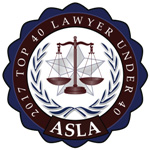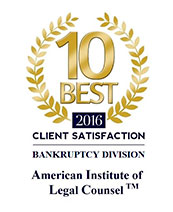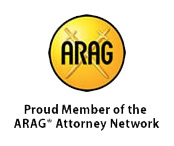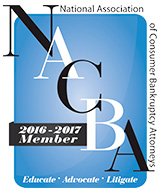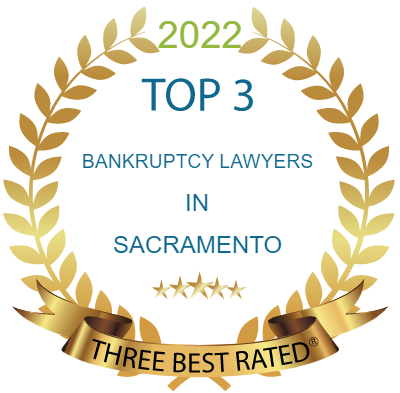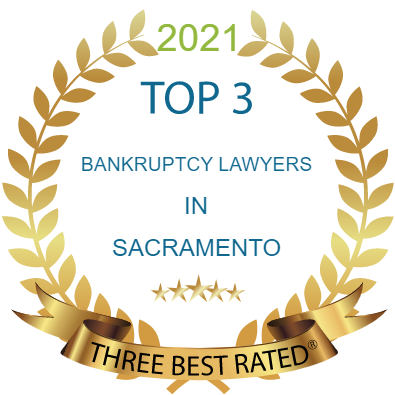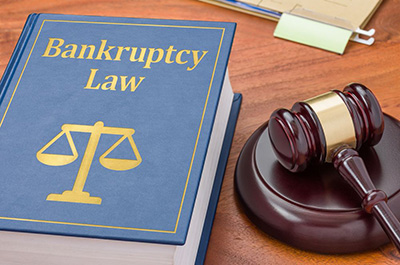The stresses of finances can be overwhelming and extremely stressful. Listening to our clients’ stories on what they felt was an insurmountable amount of debt and them feeling hopeless has created a burning desire in our team to not stand by and let the creditors weald that much power. We have made it a point to implement any and all strategies within the Bankruptcy context to assist our clients in overcoming what they felt was impossible.
Our team is led by Managing Attorney Pauldeep Bains, a member of the State Bar of California since 2009. Mr. Bains practices both Chapter 7 and Chapter 13 Bankruptcy cases in the Eastern District of California. Bankruptcy is a system enacted by Congress to afford people certain types of relief depending on their particular financial situation. Through Bankruptcy, clients are able to rebuild their financial lives and change the trajectory of not only their future, but also their families’ futures.
